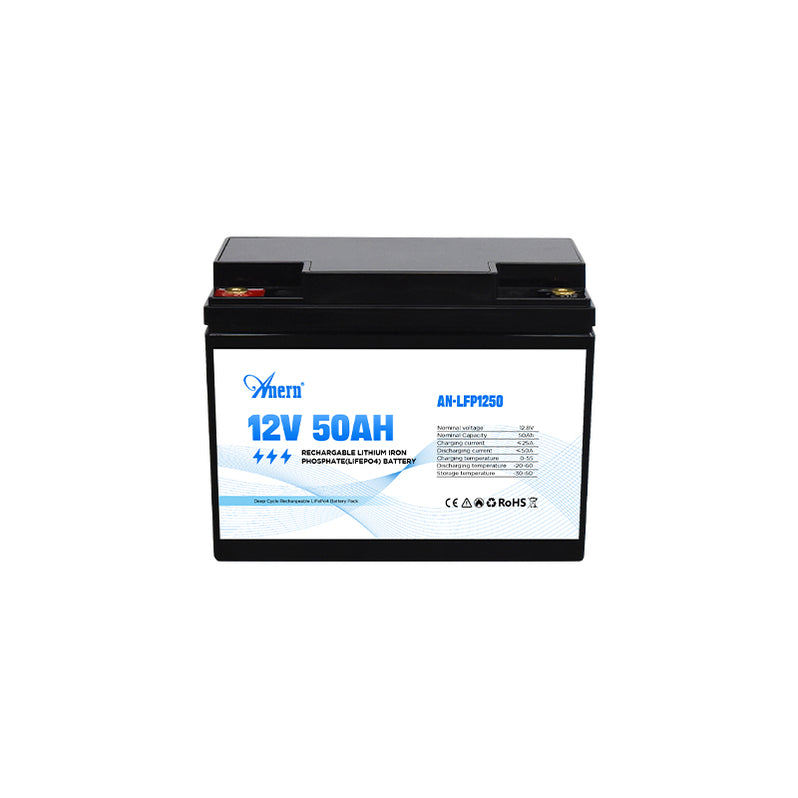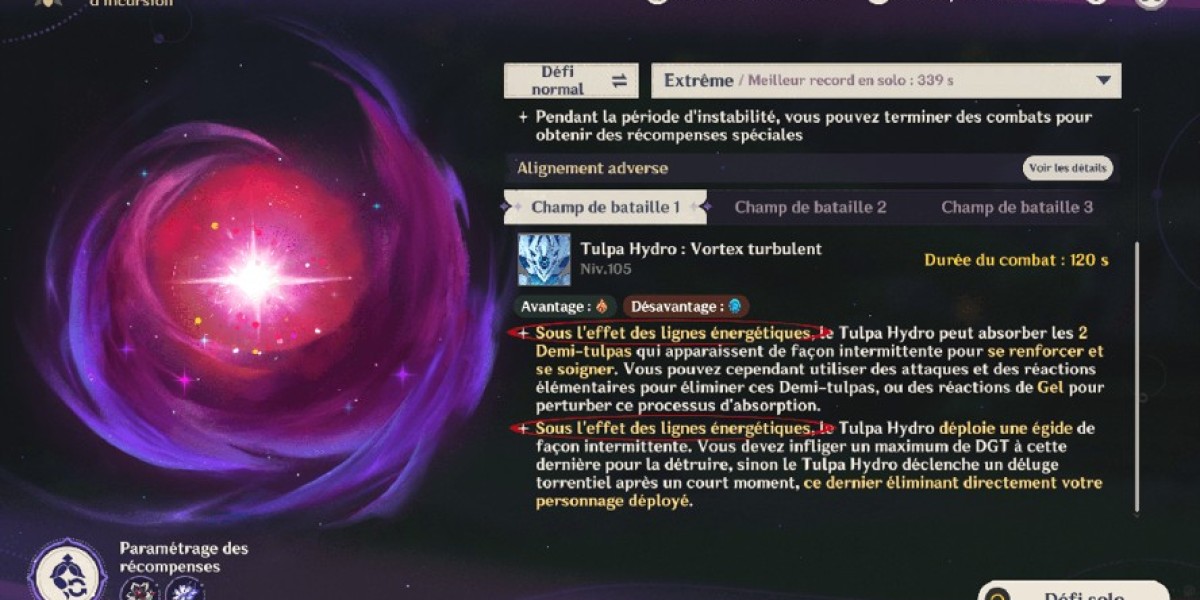Unlock Endless Energy: Discover the Perfect 12V Lithium-ion Battery for Your Solar Dreams!
In an era where renewable energy is more important than ever, harnessing the power of the sun through solar energy has become a viable solution for many households and businesses. Solar power not only reduces electricity bills but also contributes to a cleaner environment. At the heart of any solar energy system is a reliable battery, and 12V lithium-ion batteries are increasingly becoming the go-to choice for solar applications. These batteries offer numerous advantages over traditional lead-acid counterparts, including longer lifespans, lighter weights, and higher energy densities. This article aims to guide you through the process of selecting the perfect 12V lithium-ion battery tailored to your unique solar energy needs, ensuring you make an informed decision.

Understanding 12V Lithium-ion Batteries
A 12V lithium-ion battery is a rechargeable energy storage device that utilizes lithium ions to store and release electrical energy. These batteries are composed of various components, including an anode, cathode, electrolyte, and separator, all of which work together to facilitate the movement of ions during charging and discharging cycles. The technology behind lithium-ion batteries is advanced and enables them to store more energy in a smaller package compared to traditional battery types. This makes them especially suitable for solar applications where space and weight can be limiting factors. Key characteristics of 12V lithium-ion batteries include high energy density, which allows for more power storage; extended lifespan, which can exceed 10 years with proper care; and a significant reduction in weight, making installation easier and more flexible.
Benefits of Using 12V Lithium-ion Batteries for Solar
The advantages of 12V lithium-ion batteries in solar systems are numerous. First, their efficiency rates are typically higher than those of lead-acid batteries, which means more of the energy harvested from solar panels is stored and available for use. Additionally, lithium-ion batteries charge much faster, allowing users to take advantage of peak sunlight hours more effectively. Another significant benefit is the depth of discharge (DoD); lithium-ion batteries can be discharged to a greater extent without damaging the battery, offering users more usable capacity. When compared to lead-acid batteries, which often require more frequent charging and have shorter lifespans, lithium-ion batteries prove to be a more cost-effective and practical option in the long run. I recall a friend who transitioned from lead-acid to lithium-ion batteries for his off-grid solar system; the difference in performance and longevity was remarkable and significantly improved his energy independence.
Factors to Consider When Choosing a 12V Lithium-ion Battery for Solar
Choosing the right 12V lithium-ion battery for your solar application requires careful consideration of several critical factors. First and foremost is the capacity, measured in amp-hours (Ah), which indicates how much energy the battery can store. It's essential to match this capacity with your solar system's requirements to ensure you have enough power for your needs. Voltage is another critical parameter; while 12V is standard, understanding your system's configuration can prevent compatibility issues. Cycle life, which refers to the number of charge-discharge cycles a battery can undergo before its performance significantly degrades, is also crucial. A higher cycle life means a longer-lasting investment. Additionally, checking the warranty offered by the manufacturer can provide peace of mind, as it reflects the battery's expected durability and performance. A friend of mine learned this the hard way when he neglected to consider warranty terms, resulting in an unexpected replacement cost shortly after purchase.
Installation and Maintenance Tips
Proper installation and maintenance of your 12V lithium-ion battery are essential to ensure optimal performance and longevity. When installing, make sure to follow the manufacturer's guidelines regarding placement, ventilation, and connections. Safety should always be a priority; use appropriate personal protective equipment and ensure that the area is free from moisture and extreme temperatures. Regular maintenance checks are also vital; inspect connections for corrosion, check for signs of wear, and monitor the battery's state of charge. Keeping the battery within its optimal temperature range can significantly extend its lifespan. It’s advisable to avoid fully discharging the battery regularly, as this can lead to a reduced cycle life. I once helped a neighbor set up her solar system, and we found that maintaining a regular check-up routine significantly improved her battery performance over time.
Common Mistakes to Avoid
When selecting and using a 12V lithium-ion battery for solar applications, several common pitfalls can be avoided with a bit of knowledge. One of the most frequent mistakes is improper sizing of the battery; choosing a battery that is too small can lead to underperformance, while excessively large batteries can be a waste of resources. Additionally, neglecting temperature considerations can significantly affect battery performance. Lithium-ion batteries operate best within specific temperature ranges, and extreme heat or cold can lead to reduced efficiency or even damage. Lastly, overlooking compatibility with other solar components, such as inverters and charge controllers, can result in system failures. A friend of mine faced challenges when he rushed his setup and ended up with incompatible components, leading to frustration and extra costs.
Maximizing Your Solar Energy Potential
In summary, a 12V lithium-ion battery is a crucial component for anyone looking to maximize their solar energy use. By understanding the technology, benefits, and critical factors for selection, you can make an informed decision that best suits your energy needs. Avoiding common mistakes will further enhance your solar system's performance and longevity. As you embark on your journey to harness solar power, take the time to assess your specific requirements, and you'll be well on your way to enjoying the endless energy that the sun has to offer.








